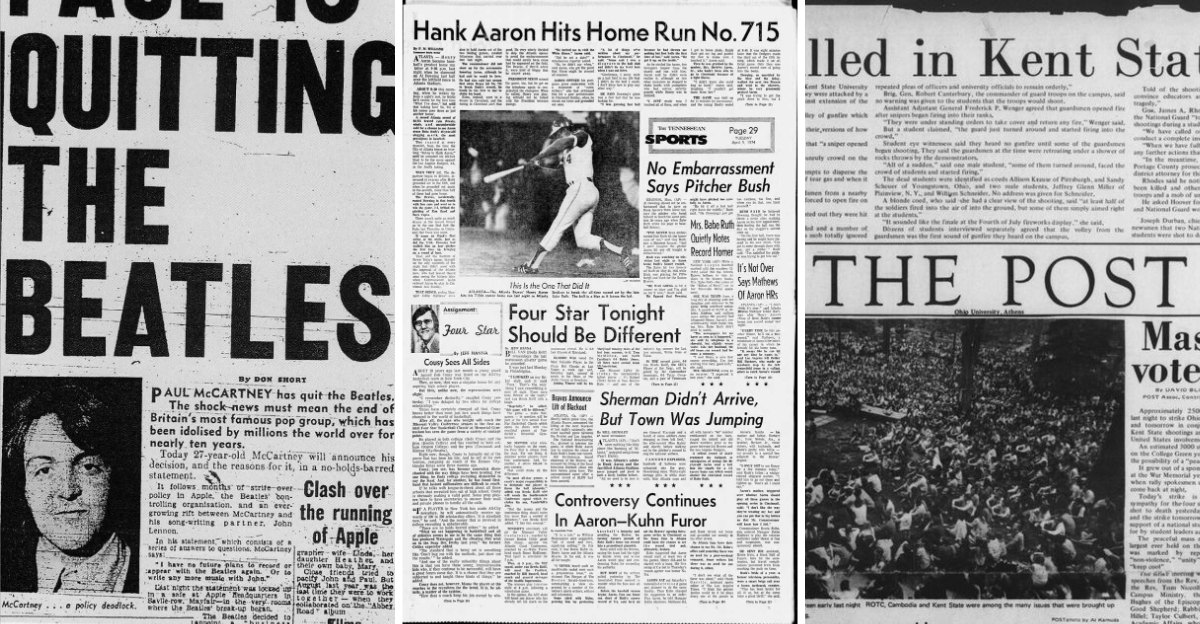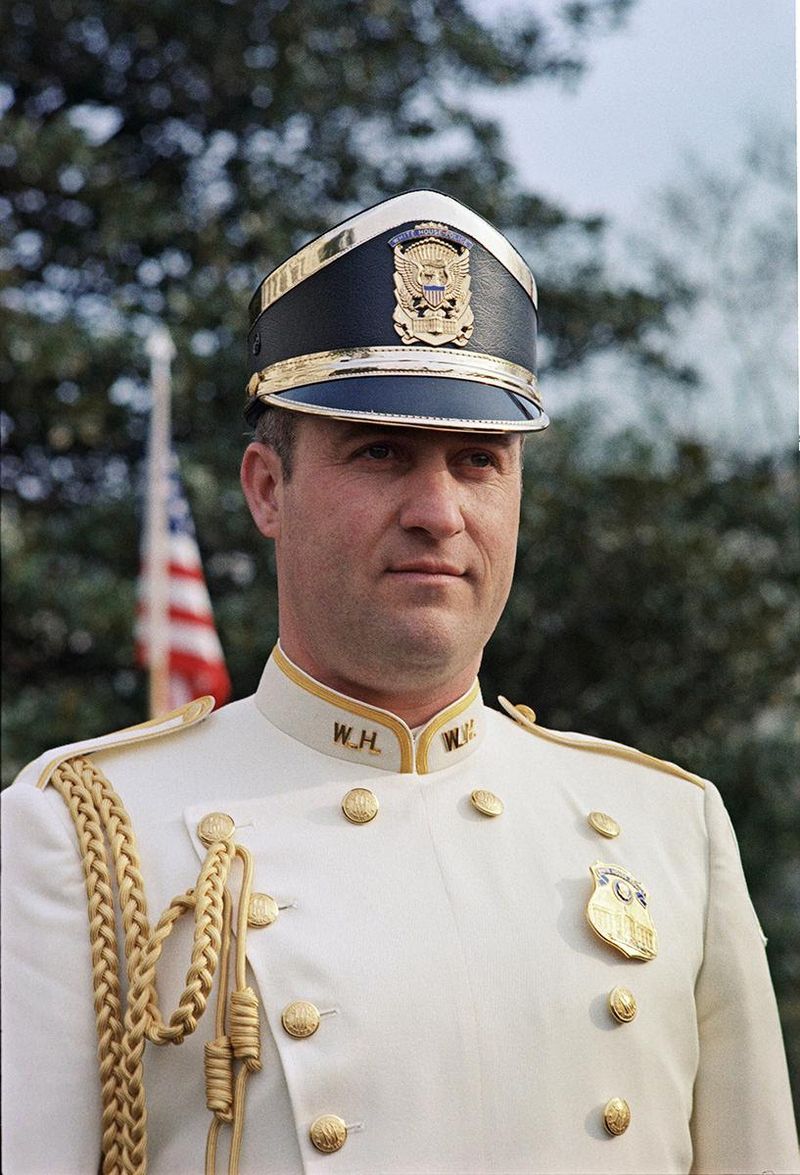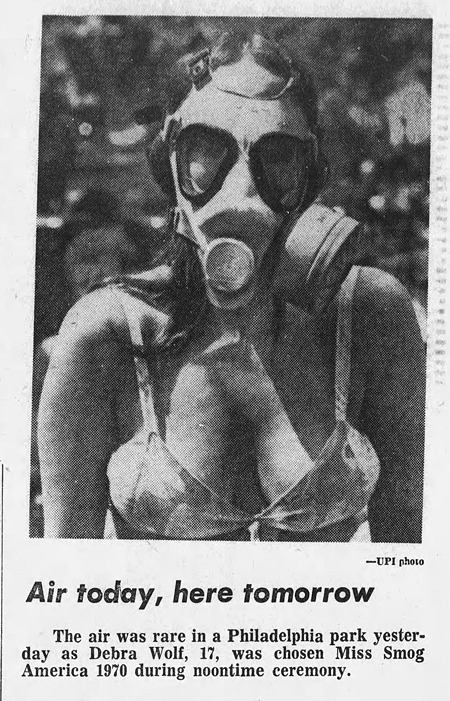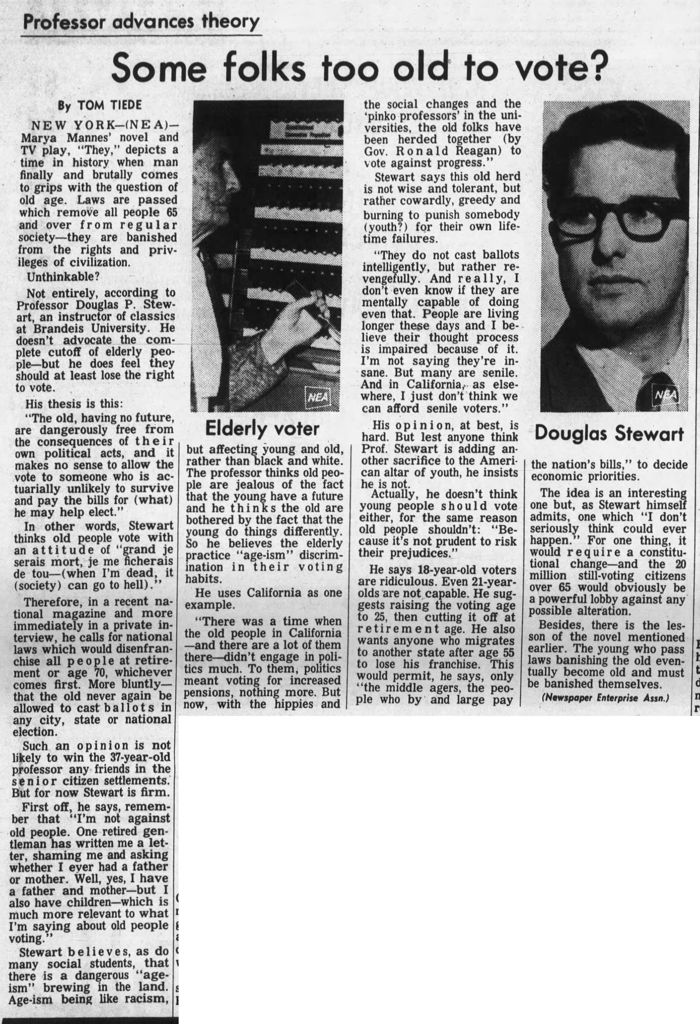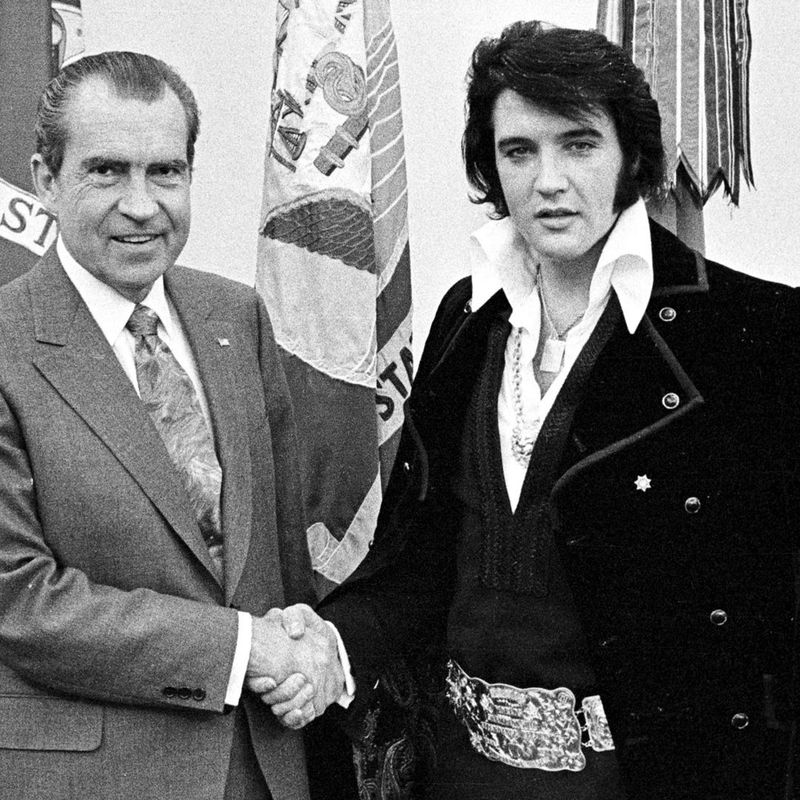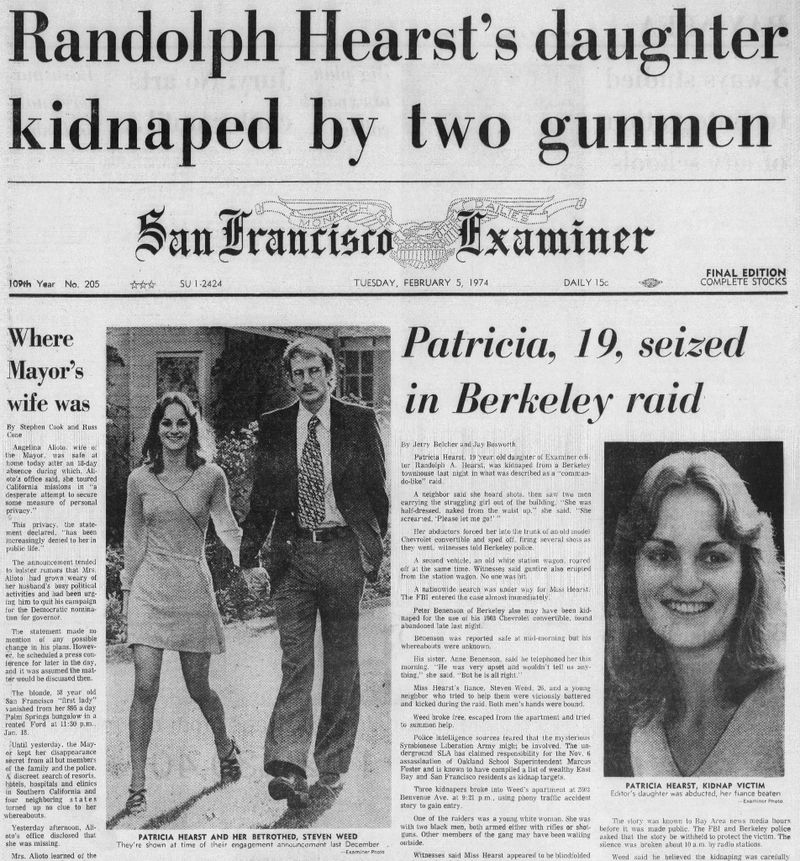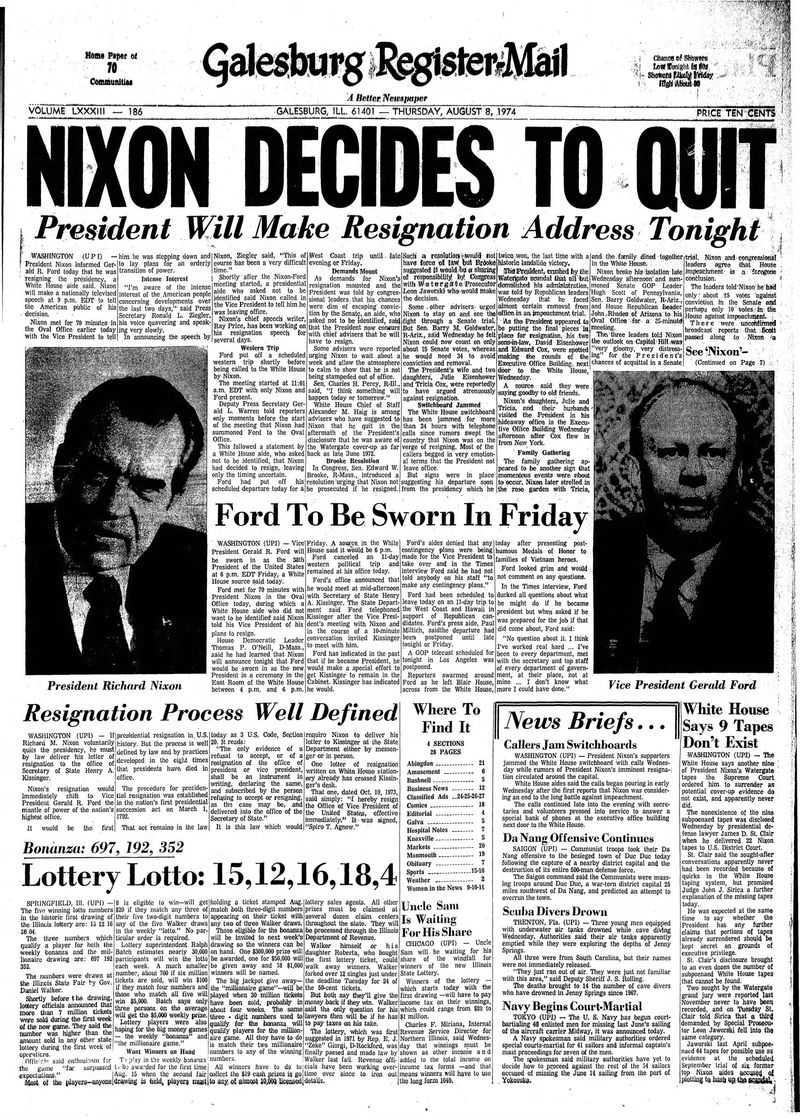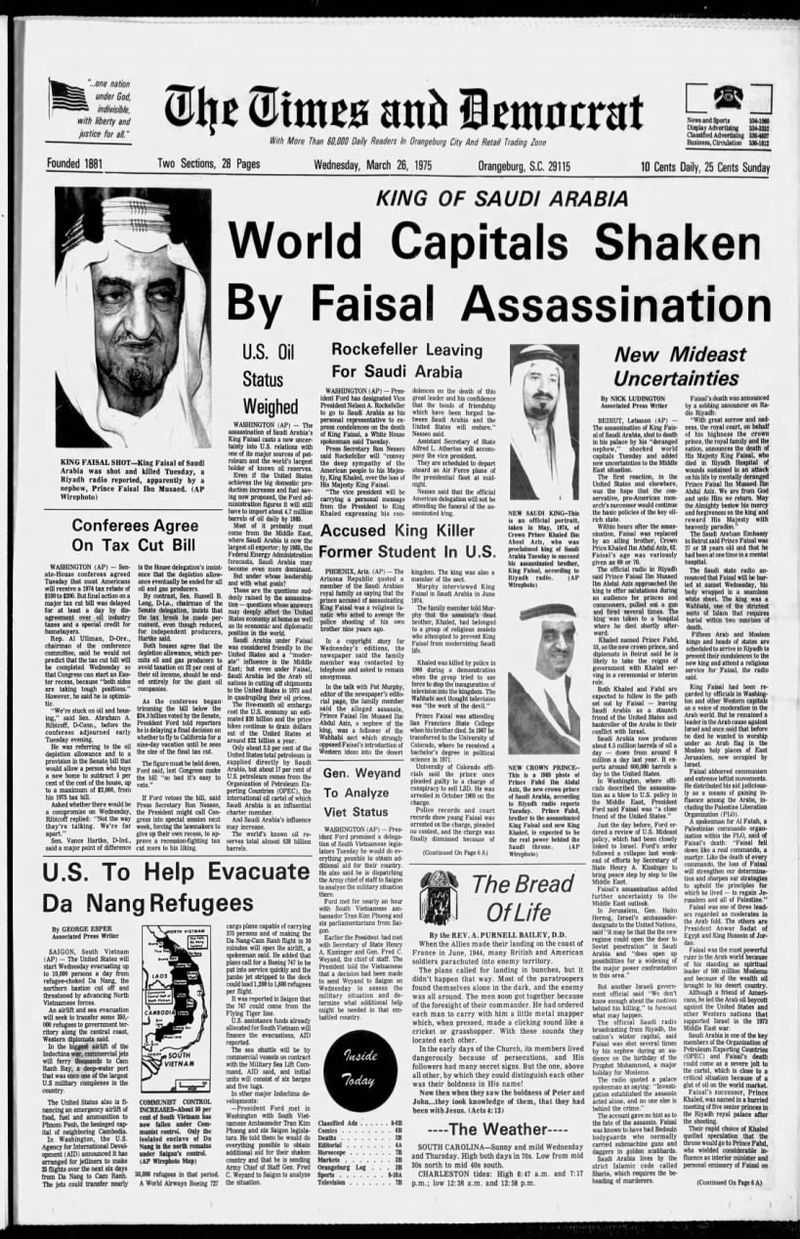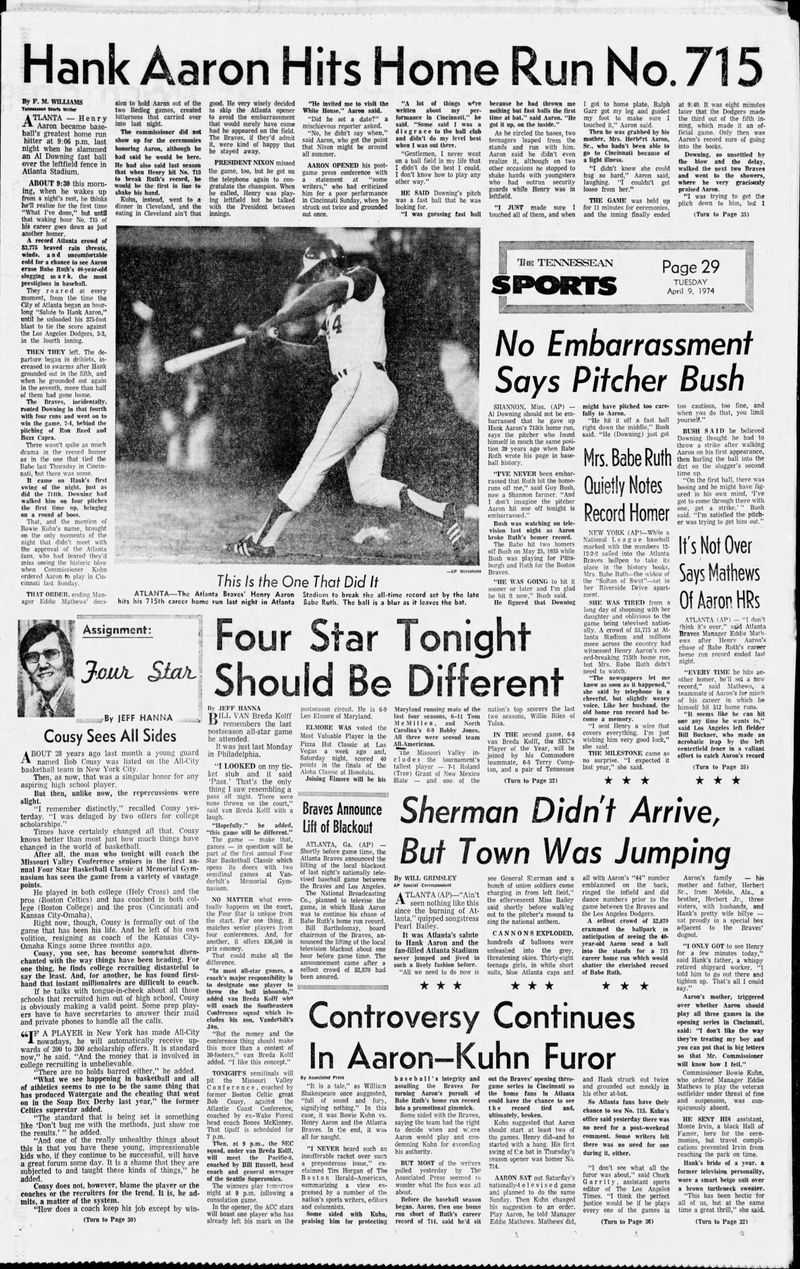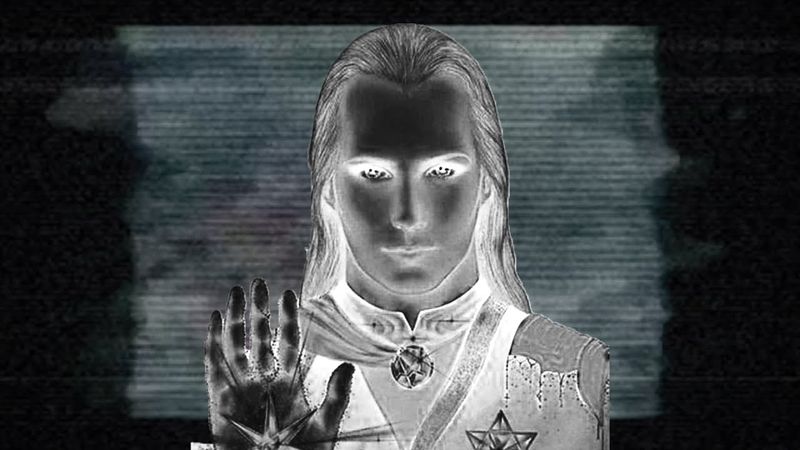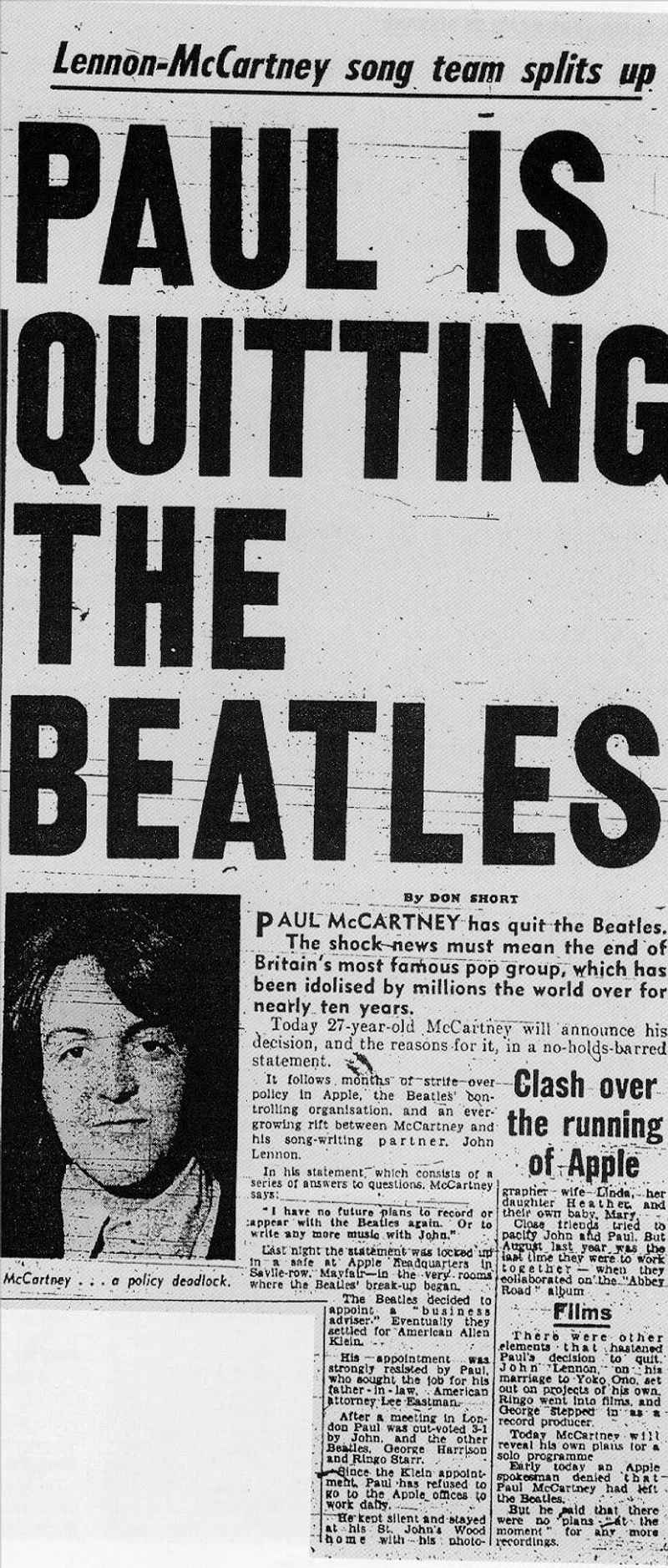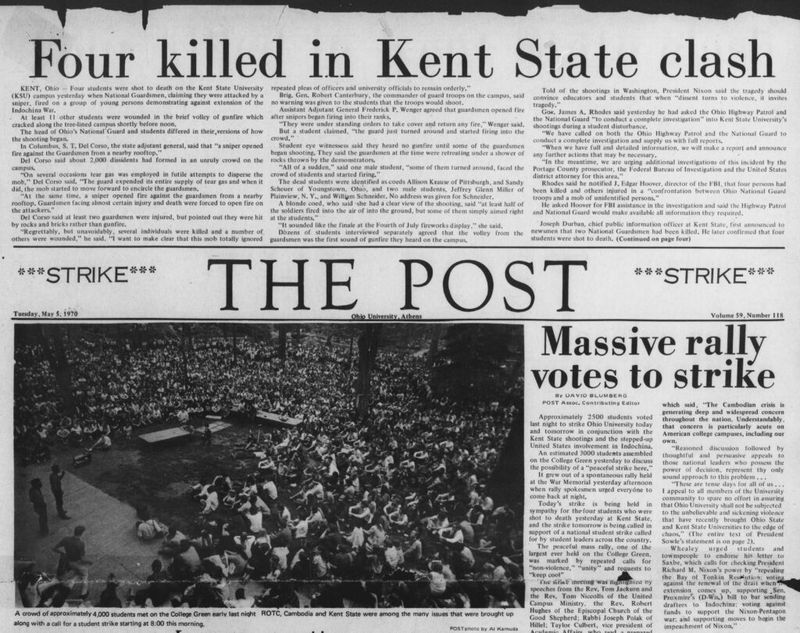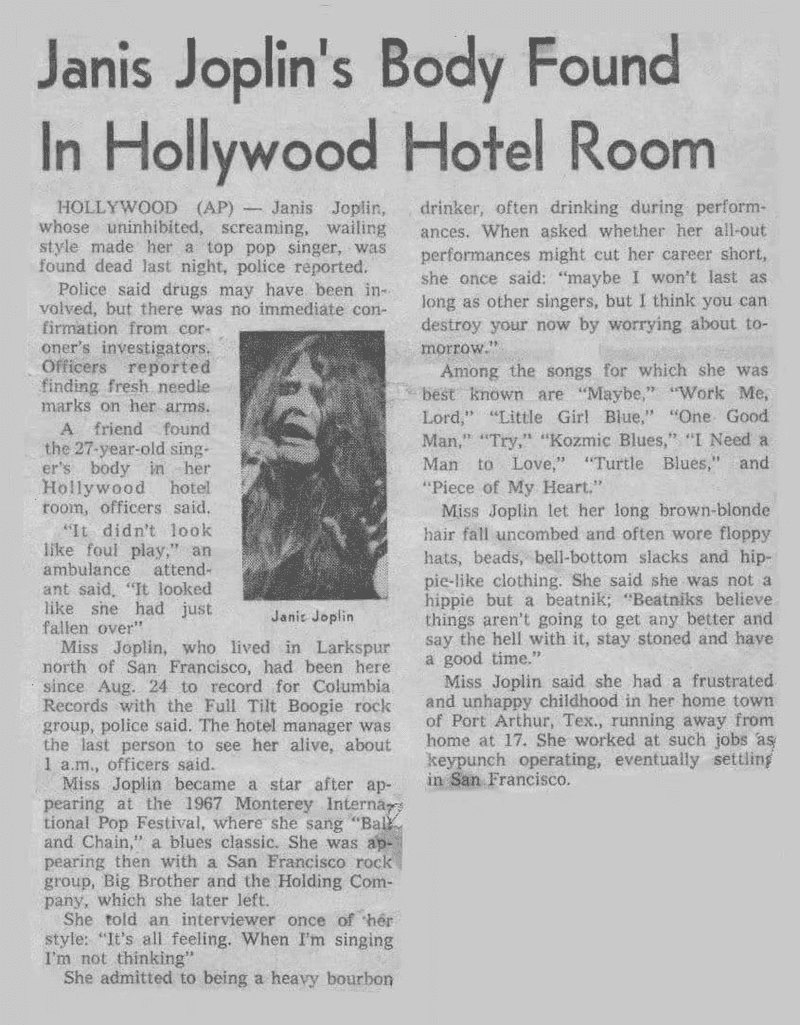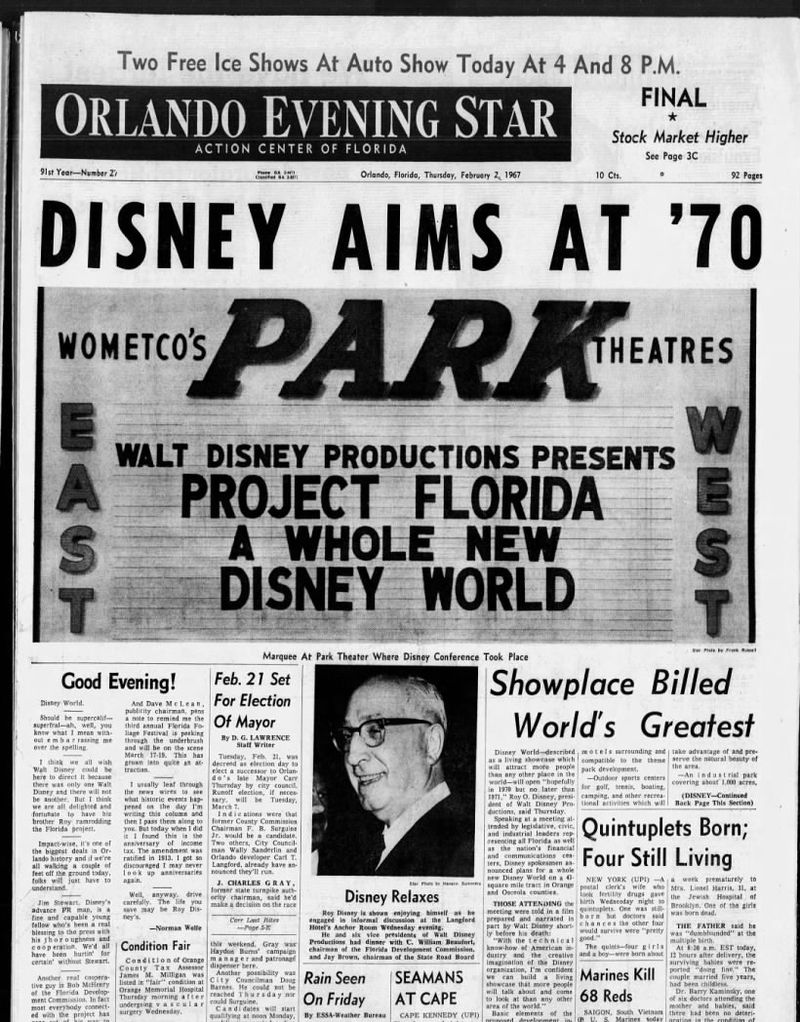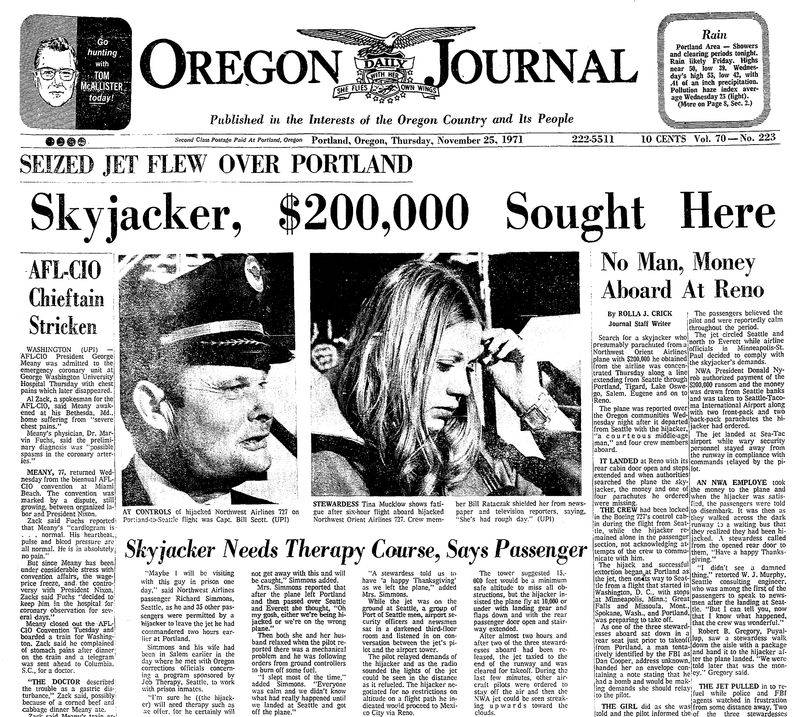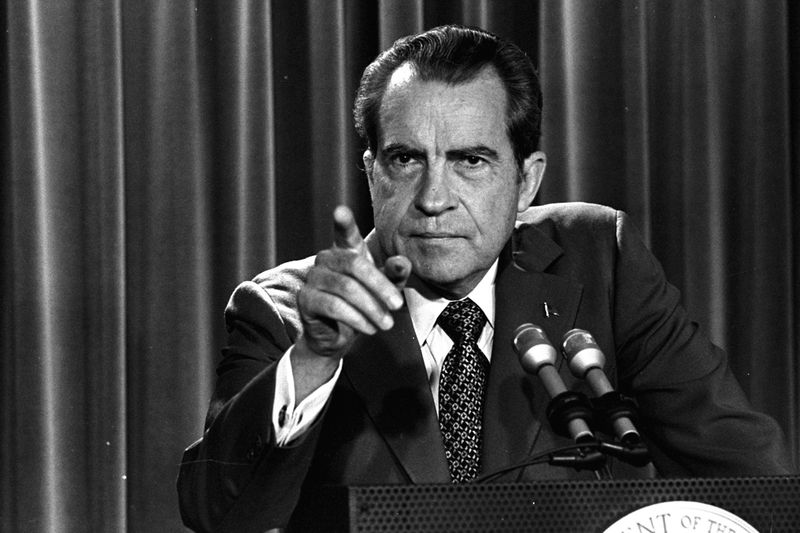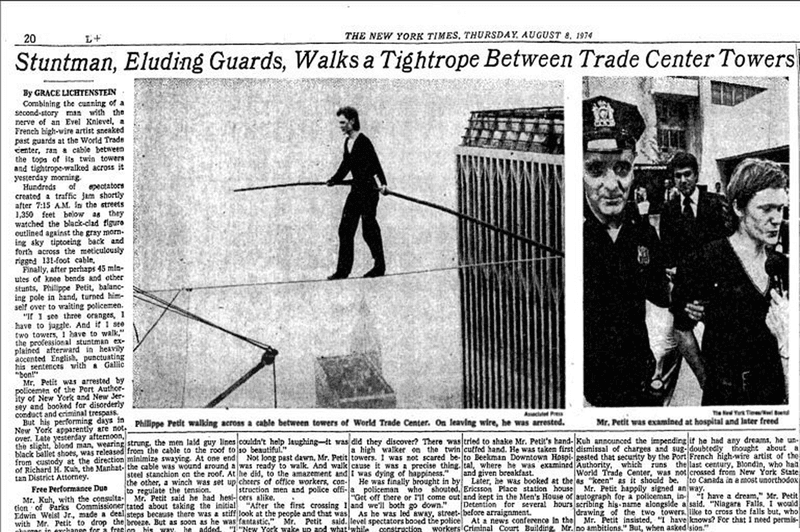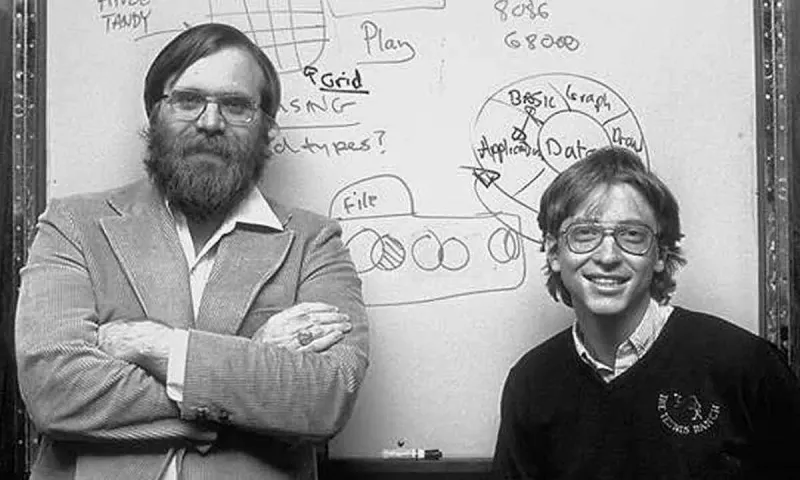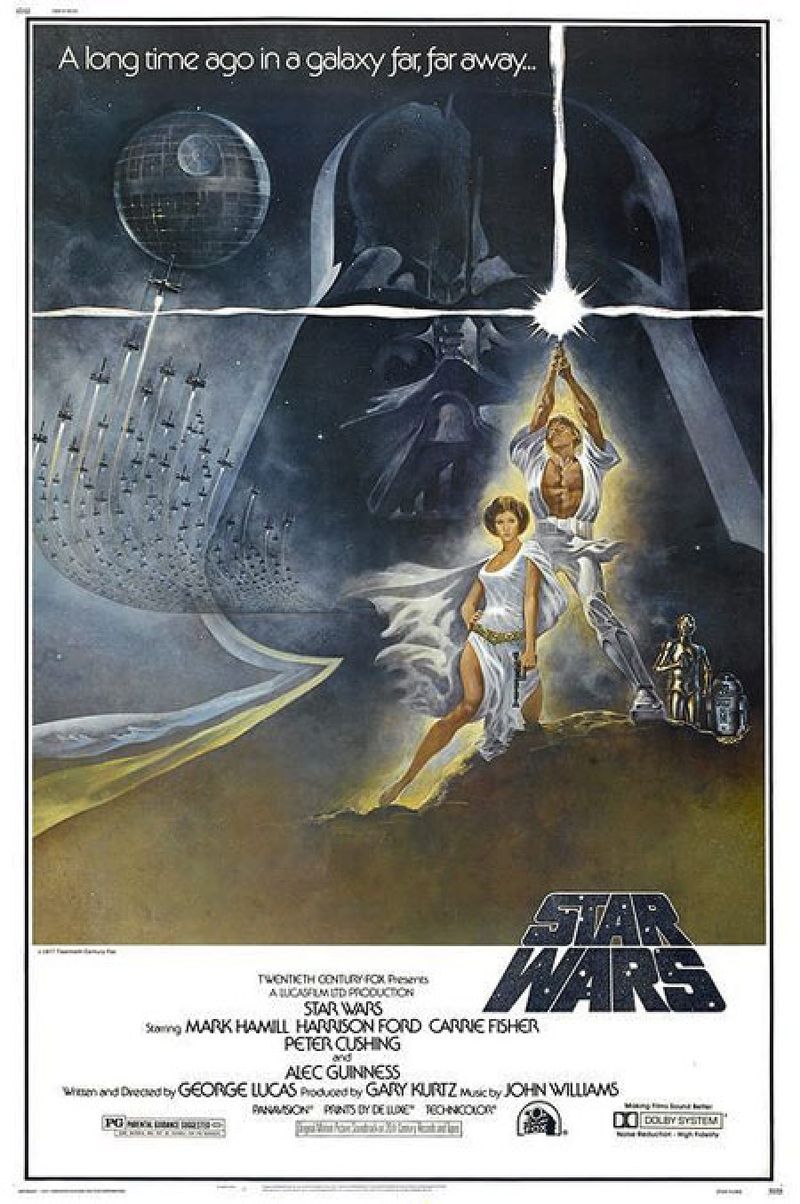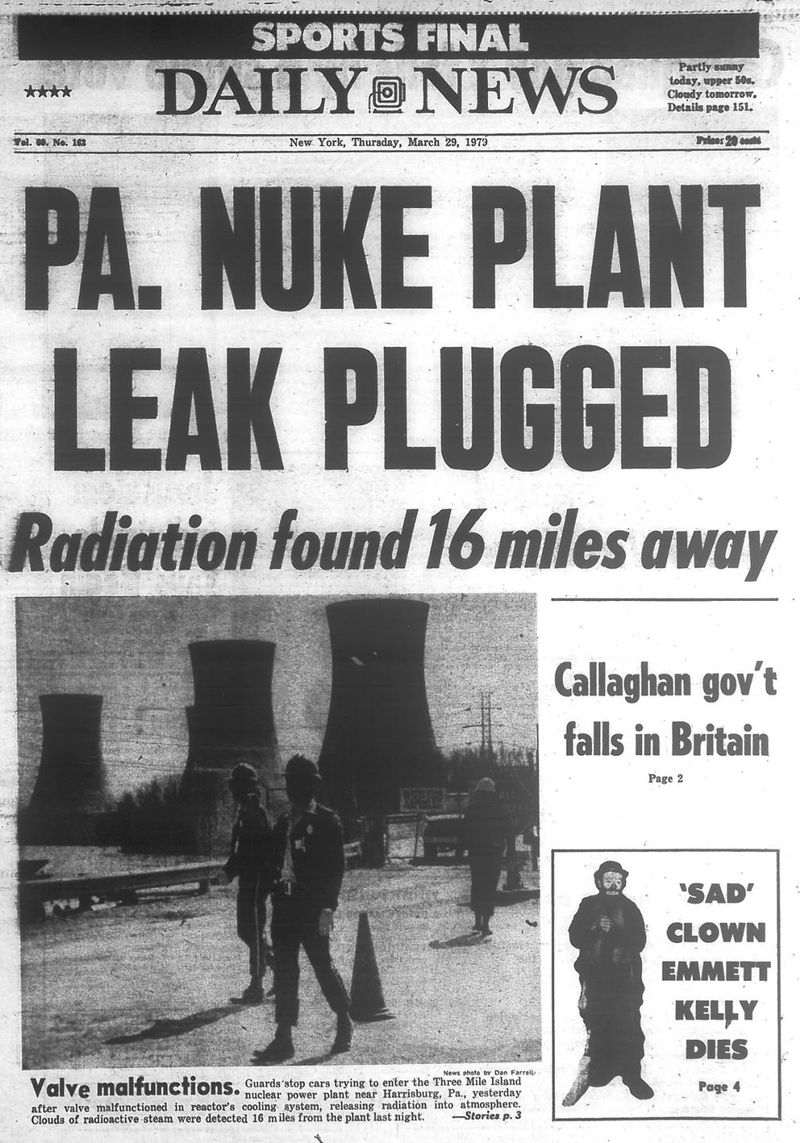The 1970s was a decade of bizarre, unexpected, and headline-grabbing events. From eccentric fashion choices to unusual political moves, the decade was never short of surprises. Here are 20 headlines that illustrate just how weird and wonderful the 70s truly were.
1. Nixon’s Palace Guard Uniforms Spark Public Outcry
In January 1970, President Nixon introduced new uniforms for White House guards, inspired by European palace guards. These elaborate outfits included gold braids and high boots, drawing immediate public ridicule. Many felt the uniforms were more suited for a royal palace than an American government building, sparking debate across the nation. The backlash was swift and intense, with critics accusing Nixon of trying to create a monarchical atmosphere. Within weeks, the decision was reversed, and the ornate uniforms were abandoned.
The incident highlighted the public’s sensitivity to perceived extravagance in government. It remains a curious footnote in Nixon’s presidency.
2. Man Attributes Health to Eating Live Frogs Daily
In July 1970, Archie Beesley from Birmingham claimed his secret to robust health was eating a live frog every day for 46 years. This peculiar diet choice baffled many, but Beesley, in his mid-70s, insisted it was the key to his vitality. While doctors dismissed it as a mere eccentricity, Beesley remained steadfast in his belief.
His story captivated the public, generating both fascination and skepticism. Eating live frogs became a bizarre yet memorable topic of conversation. Those around him noted his remarkable energy, but few were willing to adopt his unusual dietary regimen. Beesley’s story remains a testament to the decade’s oddities.
3. Miss Smog America Crowned in Philadelphia
In August 1970, Debra Wolf, a 19-year-old, was crowned Miss Smog America in Philadelphia. The pageant aimed to raise awareness about air pollution, a growing environmental concern. Participants were judged not only on appearance but also on their knowledge of environmental issues.
Wolf’s victory brought attention to the urgent need for cleaner air, as smog levels were becoming increasingly hazardous in many cities. This unconventional beauty contest highlighted the era’s environmental challenges in a unique way. The event sparked discussions about sustainable practices, with Wolf advocating for better air quality throughout her reign. It remains a quirky reminder of the 70s’ environmental activism.
4. Professor Advocates Revoking Elderly Voting Rights
In September 1970, Professor Douglas P. Stewart stirred controversy by suggesting that individuals over 70 should lose their voting rights. His proposal, rooted in concerns about cognitive decline, sparked heated debates about age and civic responsibility.
Opponents argued that such a measure was ageist and undemocratic, while supporters believed it could lead to more informed decision-making.
The proposal never gained significant traction but ignited discussions about the role of the elderly in politics.
This headline exemplifies the unconventional ideas that emerged during the 70s, challenging societal norms and sparking conversations about the boundaries of democracy.
5. Elvis Presley Meets President Nixon at the White House
On December 21, 1970, an unlikely meeting took place in the Oval Office between Elvis Presley and President Nixon. The King of Rock ‘n’ Roll sought to discuss his concerns about the influence of drugs on youth culture. The encounter resulted in one of the most iconic photographs of the decade.
Presley, in his flamboyant style, gifted Nixon with a Colt .45 pistol, symbolizing his support for the President’s anti-drug campaign. The meeting was both bizarre and memorable, epitomizing the clash of pop culture and politics.
Today, the photograph remains a symbol of the unexpected moments that defined the 70s.
6. Heiress Patty Hearst Kidnapped by Symbionese Liberation Army
On February 4, 1974, media heiress Patty Hearst was kidnapped by the Symbionese Liberation Army (SLA), a radical group. Her abduction led to a whirlwind of events, including her participation in a bank robbery. The public was both fascinated and horrified by her transformation.
Hearst’s eventual capture and trial raised questions about brainwashing and personal agency. Her case became a symbol of the tumultuous 70s, reflecting the era’s political unrest.
Though initially sentenced to prison, Hearst’s sentence was later commuted, and she eventually received a full pardon. Her story remains a captivating tale of rebellion and redemption.
7. Nixon Named as Unindicted Co-Conspirator in Watergate Scandal
In March 1974, the Watergate scandal reached new heights when President Nixon was named as an unindicted co-conspirator. This revelation, following the indictment of seven aides, shocked the nation and intensified demands for accountability.
The scandal, rooted in a break-in at the Democratic National Committee headquarters, unveiled a web of political espionage and cover-ups. As investigations progressed, public trust in the presidency eroded.
Nixon’s involvement led to his resignation in 1974, marking the first time a U.S. president had stepped down. This headline underscored the political drama that defined the 70s, leaving a lasting impact on American politics.
8. Arab Nations End U.S. Oil Embargo
On March 14, 1974, Arab nations lifted the oil embargo on the United States, following intense negotiations. The embargo, imposed in response to U.S. support for Israel during the Yom Kippur War, had caused significant economic strain.
Gas shortages, long lines at pumps, and rising prices became daily realities for Americans. The embargo’s end provided relief but underscored the vulnerabilities in U.S. energy policies.
This headline highlighted the geopolitical complexities of the time, emphasizing the interdependence of global economies. It served as a catalyst for discussions about energy independence and the need for sustainable alternatives.
9. Hank Aaron Breaks Babe Ruth’s Home Run Record
On April 9, 1974, Hank Aaron made history by hitting his 715th home run, breaking Babe Ruth’s long-standing record. The moment, celebrated by fans across the nation, marked a significant milestone in baseball history.
Aaron’s achievement was not without challenges; he faced intense scrutiny and racial backlash. Despite the pressure, his perseverance and talent shone through, earning him a place among the sport’s legends.
This headline represents the triumph of determination over adversity, inspiring athletes and fans alike. Aaron’s victory remains a defining moment of the 70s, showcasing the power of sports to transcend societal barriers.
10. Southern Television Broadcast Hijacked by ‘Alien’ Message
On November 26, 1977, viewers in the UK experienced a bizarre interruption during a news broadcast. A voice claiming to be ‘Vrillon’ of the ‘Ashtar Galactic Command’ took over the transmission, urging humanity to abandon its destructive ways.
The incident sparked widespread intrigue and conspiracy theories about extraterrestrial contact. While authorities dismissed it as a hoax, the hijack captivated the public’s imagination.
This headline is a testament to the era’s fascination with the unknown, blending science fiction with reality. The broadcast remains an enigmatic event, highlighting the quirky and unpredictable nature of the decade.
11. Beatles Officially Break Up
On April 10, 1970, Paul McCartney announced his departure from the Beatles, signaling the end of an era. The band’s breakup marked a pivotal moment in music history, leaving fans heartbroken.
The Beatles, who defined a generation with their innovative sound, embarked on solo careers. Their legacy, however, continued to influence artists for decades.
This headline encapsulates the 70s’ transition from the optimism of the 60s to a more complex cultural landscape. While the band ceased to exist, their music lived on, reminding the world of their unmatched creativity and enduring impact on popular culture.
12. Kent State Shootings: National Guardsmen Open Fire on Students
On May 4, 1970, a tragic event unfolded at Kent State University when National Guardsmen opened fire on protesting students. Four students were killed, and nine others were injured, sparking national outrage.
The protest was against the Cambodian Campaign, a military operation that intensified anti-war sentiments. The shootings highlighted the deep divisions within American society regarding the Vietnam War.
This headline serves as a somber reminder of the era’s tumultuous nature, illustrating the heavy toll of political unrest. The incident became a catalyst for change, pushing the public and policymakers to reconsider the nation’s direction.
13. Jimi Hendrix and Janis Joplin Die of Drug Overdoses
In the fall of 1970, the music world suffered significant losses with the deaths of Jimi Hendrix and Janis Joplin. Both artists, aged 27, died of drug overdoses just weeks apart, leaving fans in mourning.
Their untimely deaths underscored the darker side of the rock ‘n’ roll lifestyle, prompting discussions about substance abuse. Despite their brief careers, Hendrix and Joplin’s influence on music remains profound.
This headline reflects the era’s duality of artistic brilliance and personal turmoil. Their legacies continue to inspire musicians and serve as cautionary tales about the perils of fame and excess.
14. Disney World Opens in Florida
On October 1, 1971, Disney World opened its doors in Florida, quickly becoming a beloved destination for families around the world. The park’s grand opening marked a new chapter in entertainment, offering a magical escape for visitors of all ages.
Walt Disney’s vision of a theme park that combined imagination with cutting-edge technology came to life. The park’s iconic attractions and characters captured the hearts of millions.
This headline highlights the 70s’ spirit of innovation and wonder. Disney World’s success laid the groundwork for future expansions, solidifying its place as a cornerstone of American culture and tourism.
15. D.B. Cooper Hijacks Plane and Parachutes into Infamy
On November 24, 1971, a mysterious figure known as D.B. Cooper hijacked a Northwest Orient Airlines plane. After securing $200,000 in ransom, he parachuted into the night over the Pacific Northwest, never to be seen again.
The FBI’s extensive investigation failed to uncover Cooper’s identity, turning the case into a legendary mystery. The public was captivated by his audacious escape, fueling endless speculation and theories.
This headline epitomizes the intrigue of the 70s, blending crime with mystery. Cooper’s daring heist remains unsolved, securing his place in history as one of America’s most enigmatic criminals.
16. Watergate Scandal Unfolds: Burglars Arrested at DNC Headquarters
On June 17, 1972, the Watergate scandal began with the arrest of five burglars at the Democratic National Committee headquarters. The break-in, initially dismissed as a minor incident, unraveled into a major political scandal.
Investigations revealed a web of espionage and corruption within the Nixon administration, shaking public confidence. The scandal’s exposure led to President Nixon’s resignation in 1974, a historic first for a U.S. president.
This headline captures the era’s political drama, highlighting the power of investigative journalism. Watergate remains a defining moment in American history, underscoring the importance of transparency and accountability.
17. Philippe Petit Performs High-Wire Walk Between Twin Towers
On August 7, 1974, French tightrope walker Philippe Petit captivated the world with his daring high-wire act between the Twin Towers. His unauthorized performance, executed without safety equipment, was both breathtaking and illegal.
Petit’s audacity and skill left onlookers in awe, turning the act into a historic event. The feat was later documented in the film “Man on Wire,” celebrating his extraordinary achievement.
This headline showcases the 70s’ spirit of adventure and daring feats. Petit’s walk remains a symbol of human ambition and courage, illustrating the limitless pursuit of dreams and the boldness of the decade.
18. Microsoft Founded by Bill Gates and Paul Allen
On April 4, 1975, a technological revolution began with the founding of Microsoft by Bill Gates and Paul Allen. The company, started in a small garage, would go on to transform the computer industry.
Gates and Allen’s vision of making computers accessible to everyone paved the way for personal computing. Their innovative software development set new standards, reshaping the technological landscape.
This headline represents the 70s’ entrepreneurial spirit and the dawn of the digital age. Microsoft’s rise from humble beginnings highlights the power of innovation and foresight, influencing generations of tech enthusiasts and aspiring entrepreneurs.
19. Star Wars Premieres, Revolutionizing Cinema
On May 25, 1977, “Star Wars” premiered, changing the face of cinema forever. George Lucas’s space opera captivated audiences with its groundbreaking special effects and epic storytelling.
The film’s success spawned a franchise that would become a cultural phenomenon, influencing countless filmmakers and fans worldwide. Its impact on popular culture remains unparalleled, with characters and quotes becoming iconic.
This headline highlights the 70s’ innovation in entertainment, showcasing the power of imagination. “Star Wars” not only pushed cinematic boundaries but also created a new era of blockbuster films, solidifying its place in film history.
20. Three Mile Island Nuclear Accident Raises Safety Concerns
On March 28, 1979, the United States faced its most serious nuclear accident at Three Mile Island, Pennsylvania. A partial meltdown at the nuclear power plant sent shockwaves through the nation, raising questions about safety and regulation.
The incident prompted a reevaluation of nuclear energy policies and increased public fear about potential disasters. While no injuries were reported, the psychological impact was profound.
This headline underscores the 70s’ complexities, highlighting the need for stringent safety measures. The Three Mile Island accident remains a pivotal moment in energy policy discussions, emphasizing the importance of caution in technological advancements.
